I’m buzzing about the potential for a general strike in the next wee whilie.
I’ve been on the losing side of the class struggle since I left high school and walked straight into the 2008 recession. And it would be a thrill to get out on the streets and express some of the anger that’s built up.
Together we could be a tremendously potent force.
Liz Truss, who is currently favourite to prove wrong all who said “It cannae get worse than Boris”, said this week that she’d like to prevent trade unions from striking.
Brilliant. That’s a red rag to a bull.
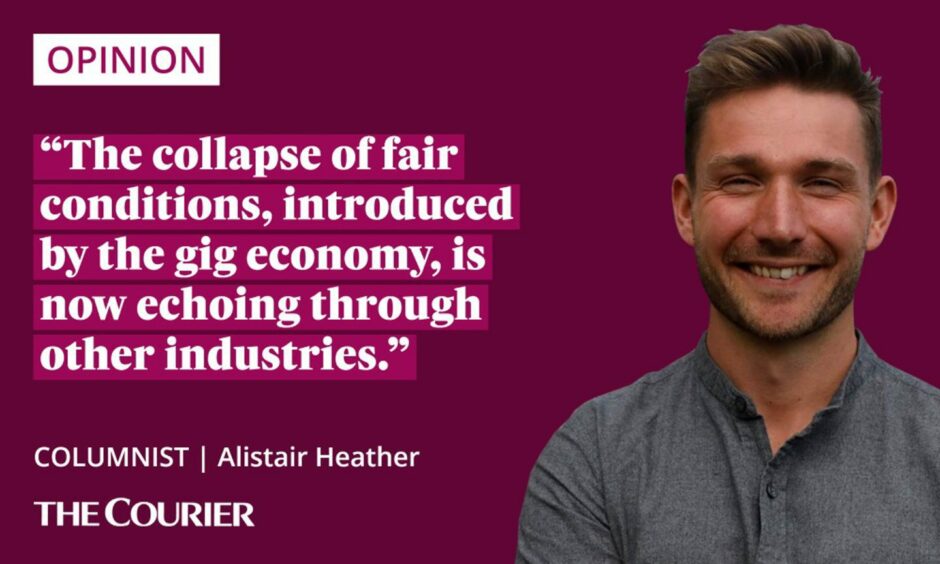
What’s needed to unite the working class is a clear and obvious opponent.
And Truss is seemingly keen to play that role.
Rail workers showed the value of labour
The train workers have been striking very publicly and successfully, as we’ve seen.
ScotRail drivers quite rightly took industrial action from May.
All they did was refuse to work on their rest days, and refused to work overtime. But by those workers abiding by the agreed parameters of their contracts, the rail service in this country half-collapsed.
This was totemic.
💬 I will do everything in my power to make sure that militant action from trade unions can no longer cripple the vital services that hard-working people rely on.#LizForLeader @MailOnline 👉 https://t.co/fF32hRcmxe pic.twitter.com/f4cdx1fQHd
— Liz for Leader (@trussliz) July 26, 2022
So much of our economy relies on pressuring working people into doing more than they are paid for, and much more than was agreed to at interview and in contract.
Turning up early, leaving late, buying uniforms out of our own pockets, working through weekends, phone calls and endlessly pinging WhatsApp work chats stressing us out long after hours.
We’ve seen the utter subordination of our human lives by our working lives.
But by withdrawing our labour – even just limiting our engagement with our employers down to what is actually specified in our working agreements – we can reset these relationships.
Last general strike led to major change
In 1926, nearly one neat century ago, a general strike shook Scotland.
A Royal Commission had been set up to look at the mining industry. Their chief recommendation was to cut the miners’ wages. A blow struck for the wealthy classes.
The Conference of the Trades Union Congress met, and promptly declared a general strike.
Its impact was huge.
Academics studying the period record a “high level of participation and militancy in Scotland.”
The Daily Worker of May 7 1926 is triumphant in tone:
“The railway men are solid—not a wheel is turning, and the busmen…are out en masse.The docks at Leith are at an absolute standstill, and the Mid and East Lothian miners are out to a man.”
Mick Lynch calls for a general strike if Liz Truss becomes Prime Minister and cracks down on unions.
Do you agree that there should be a general strike?
— NHS Nurses (@SocialistNHS) July 28, 2022
Good for them. Their struggle, and their emergent class solidarity, helped develop a fairer country in which the workers had a say.
Burnout isn’t a class issue
I should make absolutely clear that middle class humans are not the enemy here.
Slightly better off folk – particularly the fair-minded, tax-paying, community-orientated sort of utterly sound middle class people who live in Tayside and are wise enough to read The Courier – are suffering from exactly the same collapse in work conditions.
I made plenty of friends from comfier backgrounds at uni. And so many of them are now being milked to a husk by uncaring corporations.
So many bright young sparks are being burnt-out through constant overworking.
Aye, their salaries are higher. And perhaps their financial situation is more secure.
But we are all being ripped off by the same exploitative system and we will all benefit from a radical challenge to the status quo.
The rich get richer and the rest of us bear the brunt
Personally, my life has got easier these last few years.
I don’t earn much. But I have good conditions at work and no dependents. So I’m free to spend my modest income on luxuries like Freddos, gym memberships and this season’s United top.
But I see that exploitation and mistreatment of the most vulnerable workers is absolutely increasing.
The collapse of fair conditions, introduced by the gig economy, is now echoing through other industries.
We, the wee people, are experiencing a cost of living crisis and the early stages of the climate collapse.
Fossil fuel-exploiting multinationals are posting profits in the billions and paying out dividends to their well-off shareholders while accelerating global warming.
Crooks https://t.co/luumyGameX
— Blair C Dingwall (@C_BDingwall) July 28, 2022
We do the same work as ever, but our money becomes worth 10% less.
Meanwhile the few elites chuck another few tens of millions into their accounts, and dividends pour into the pockets of those that already have enough.
New general strike talk is long overdue
Resistance to all this generalised disparity needs something to coalesce around. And trade unionism and strike action may very well be it.
Dundee and St Andrews universities have seen strike action this year.
The EIS in Dundee threatened strikes and had to take the council to court to protect their position.
Council workers across Scotland have just voted to reject a poor pay offer and now intend to strike.
The energy is there. You can see it in the enthusiasm for Mick Lynch.
And you hear it in conversations in the streets and online.
I think we could well be only one big catalytic event away from another general strike.
And I think it is not before time.
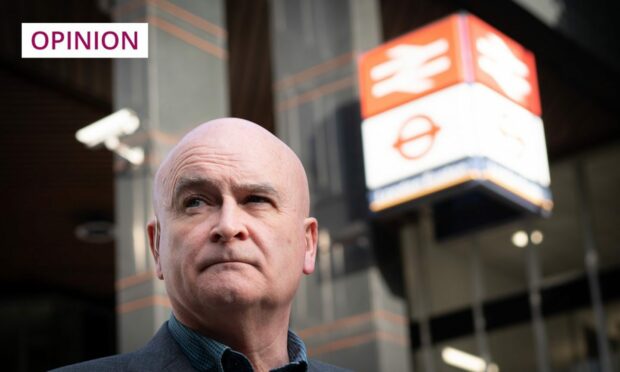
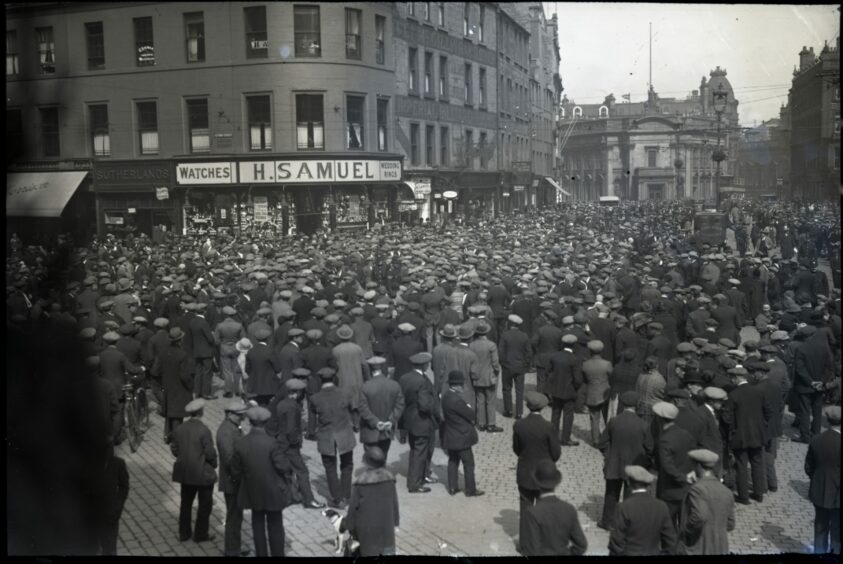
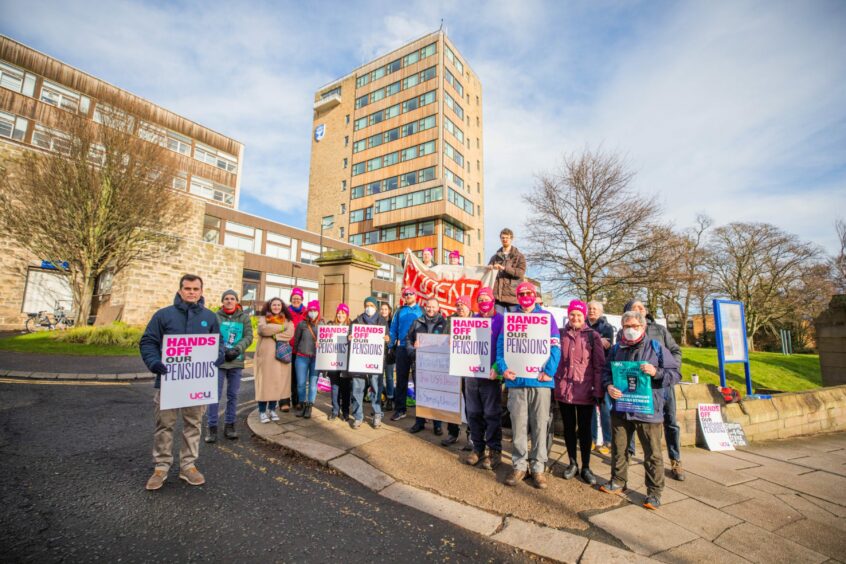




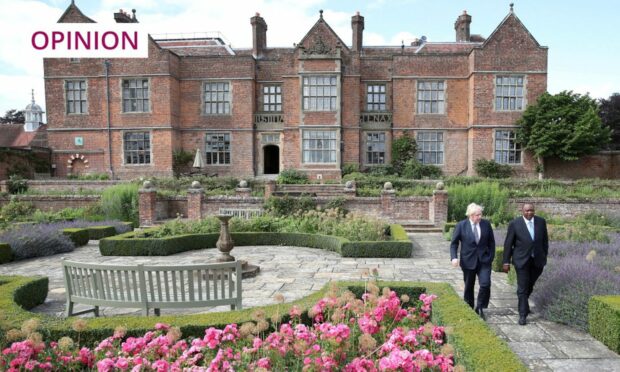










Conversation